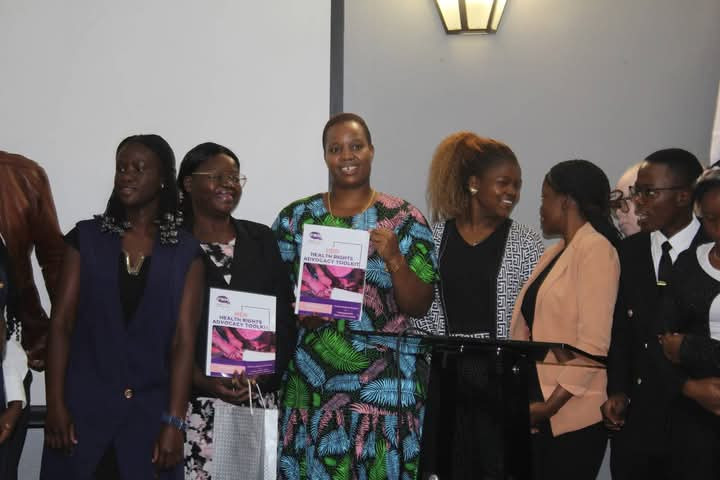
HARARE, March 6, (NewsDay Live) - The Female Students Network has launched a sexual and reproductive health rights toolkit to address gaps in sexual and reproductive health knowledge among Zimbabwean students .
Speaking during the launch of the toolkit in Harare , Female Students Network executive director Evernice Munando said the initiative aims to address deficiencies in policy enforcement and help students better understand their rights.
“What led to the formation of this advocates toolkit was the realisation that there is an information gap amongst our female students and also our students in general and our university authorities, especially those who are the enforcers of policies in our tertiary institutions,” Munando said.
“We want to see it being used even within the marginalised communities because we believe that as a country and as a collective, even before we talk about tertiary level, what are we saying to that girl child or boy child that is even at high school and even at primary to address issues around youth programming and also issues of monitoring and accountability.”
She said students need awareness about sexual and reproductive health and the challenges posed by inadequate services at tertiary institutions.
“We started with awareness campaigns where we really equipped our students with information to really understand what are the consequences, what decisions can we make with regards to our sexual and reproductive health and lack of, or maybe inadequate services and responses in our institutions,” Munando said.
“We talk about the clinics that are available. So there was no clear rapport between the clinic, the institutional clinic and the students where they would not go to those clinics to seek medical facilities because of the attitudes that were associated with the health personnel at campus.
“We were like kind of, how can we come together and really deliver the services that the students want without being biased, without being judgemental.
“The students really wanted to feel free and also advocate for the essential services that they would want.
“There is Salso lack of policy. There were no adequate policies that would address SHR (sexual health rights).”
Mercy Makonese, the gender mainstreaming director at the Ministry of Information Communication Technology (ICT), said the ministry was committed to creating safe places for students.
“Our initiatives, such as the Girls in ICT programme, focus on creating a safe and inclusive digital environment while addressing issues like online security and cyberbullying,” Makonese said.
“We are committed to creating a connected, knowledge-based society with secure information systems.
“By leveraging ICT, we aim to empower female students, ensuring they have access to vital reproductive health information and services.
“It is essential that we have adequate mechanisms in place to support students, especially those who may fall pregnant while pursuing their education.”






